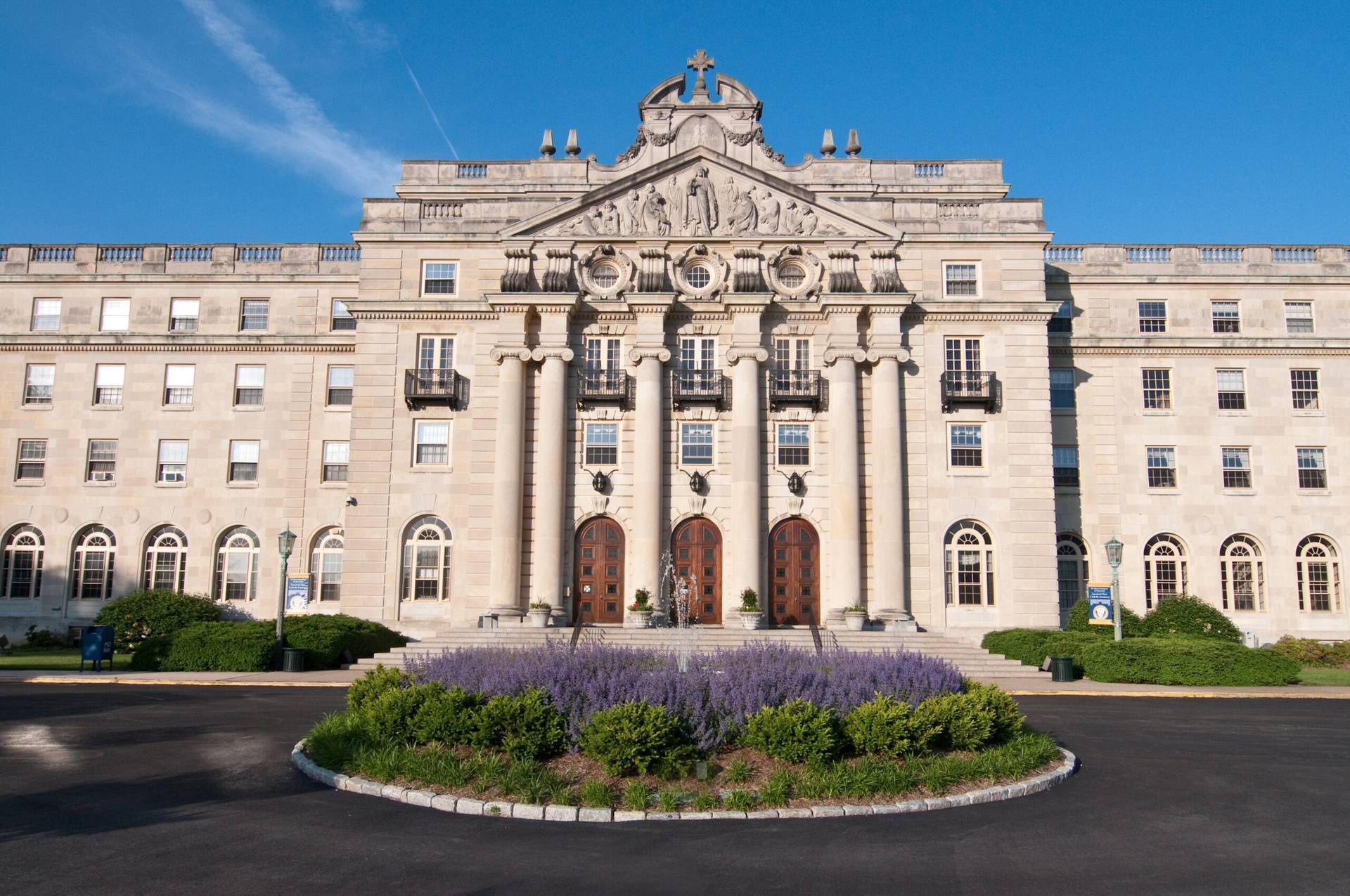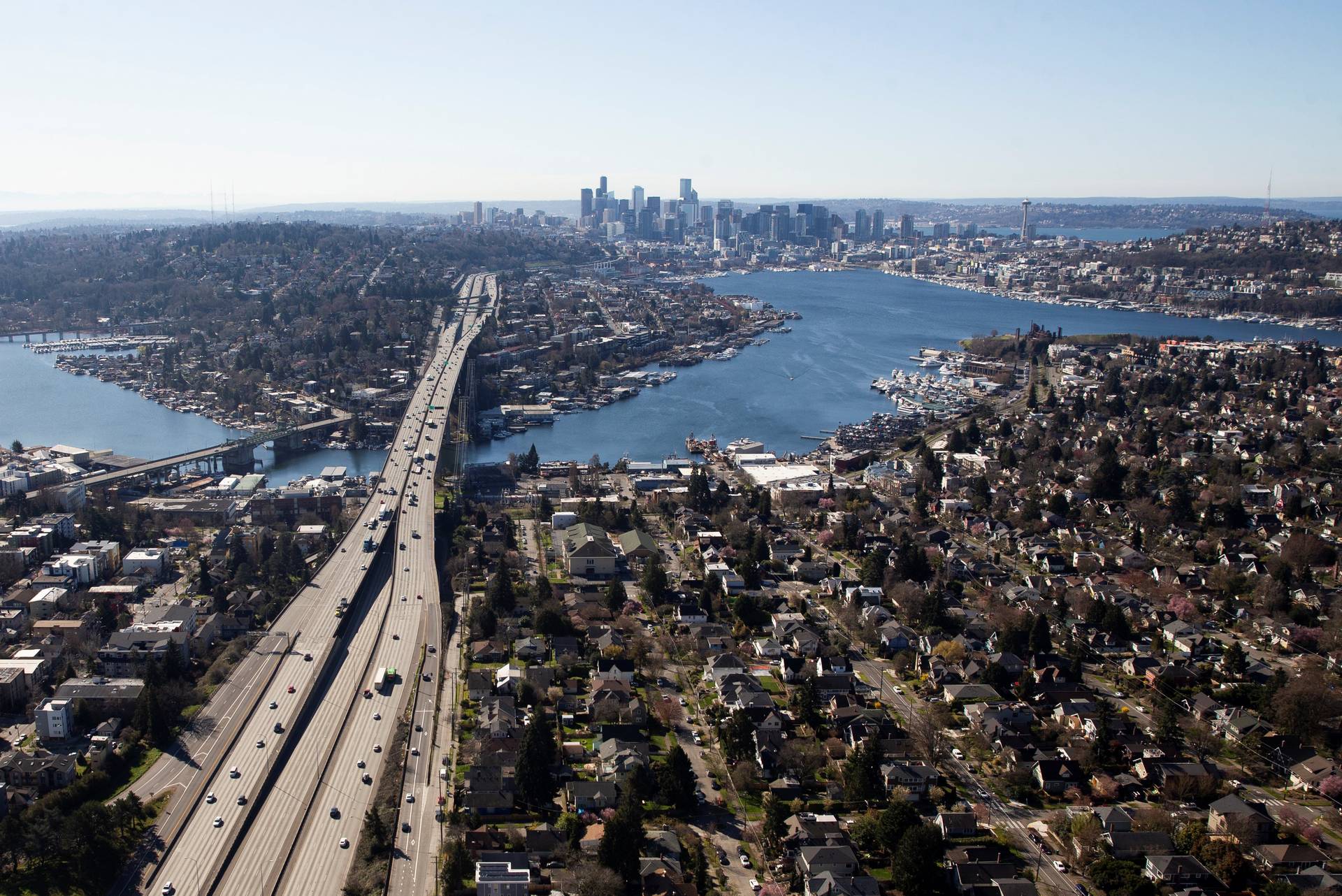One year earlier, Father Miguel González attended a convocation for priests in Orlando, where the speaker was a native son, Monsignor Robert Weiss – the pastor of St. Rose of Lima Parish in Newtown, Connecticut, who had ministered to families and his community following the deadly mass shootings in 2012 at Sandy Hook Elementary School.
On June 12, after presiding at Masses at the parish where he serves as pastor, St. John Vianney in Orlando, González was at a nearby hotel, but this time ministering to grieving family members and friends in the wake of a shooting spree in his city, after a gunman early that morning had killed 49 people and then himself at the Pulse nightclub.
What Weiss had said, about a community’s sorrow, about the need for healing, was suddenly now unfolding before his eyes, in his city, González said in an interview with Crux, adding that the Connecticut priest with Orlando roots had emphasized that “at that moment, it’s being present for them, to know they are not alone,” and then accompany them.
The Orlando pastor had been called to the scene, because they were in need of bilingual clergymen who could listen to and talk with grieving survivors in Spanish.
At one point, the list of names of 53 people injured in the attack who were being treated at local hospitals was read aloud, and the crowd there realized that the names unread meant that those people, including their loved ones, were among the fatalities.
The priest said he’ll never forget that moment, as that realization hit the crowd, and distraught family members and friends reacted.
“The screaming, the crying, the wailing, all those emotions erupted like a bomb,” he said. “It was an incredible outburst of sadness, tears and pain.”
González and another priest and other members of the clergy then ministered to the survivors in the hotel’s parking lot.
“The important thing was to be present to them, to meet them where they were at. It was a sacred moment,” he said.
The priest listened to people and encouraged them to express their sorrow and anger, and he told them how he as a boy had grieved the death of his uncle who had been robbed and stabbed to death outside a bank in Puerto Rico where he was going to make a deposit. The priest spoke about his own family’s depths of sorrow at that time.
That opened a door with the survivors, and he was able to pray with them, and they reflected on their loved ones who had died in the nightclub attack.
Another lady seemed to be in shock at the news of her friend’s death, and the priest held her hand and encouraged her to take a breath and get a drink of water.
The next day, the priest returned to a senior center where survivors had gathered, and he ministered to two grieving mothers who had lost sons in the attack. Both were Hispanic Catholics – one had flown in from the priest’s native Puerto Rico, and another lived in Florida.
“One mother was very much at peace, knowing he (her son) was with God. Another mother wanted to go to the morgue and embrace him, hold him.”
González told them, “There was a mother who understands their pain, who at an early age lost her son. That was Mary… I brought them to the cross, (and told them) Mary understands them as a mother.”
The priest also told the mothers, “Your son’s life has changed, not ended. Death is not the end of the story. Death does not have the final word.”
After praying with them, the priest later returned to his parish.
“My heart broke for them. My heart has broken for all of them,” he said of those mothers, and Orlando’s grieving family members and friends.
His own healing soon began, as he packed for a mission trip, where he was accompanying 20 high school students from his parish to Charleston, South Carolina. A priest friend called to see if he was okay.
In Charleston, the youth were joined by about 500 other Catholic teens from across the country for a work camp, where they fanned out across the city to do service projects. While they were there, his group visited Emanuel African Methodist Episcopal Church, on the eve of the one year anniversary of the shootings there that left nine people dead.
The youth from his parish prayed there for healing for the people of Orlando and of Charleston, and were greeted by the church’s pastor and the city’s police chief, who like the youth from across the country expressed prayerful solidarity with them.
Those prayers and words of love and support brought healing and strength to his parish’s youth, some of whom had known victims of the nightclub attack.
González has found hope from witnessing the youth at that work camp helping others, and hearing how in Orlando, the lines of volunteers at blood banks were so long that people were told to come back later.
He remembered what the Marist brothers taught him at his Catholic high school in Miami, “to make Jesus known and loved,” and he saw that unfolding before his eyes, even in the wake of tragedy. To those who wondered where God was in the tragedy, the priest said witnessing that love provided an answer.
“That’s God, making himself present through all these people,” he said, adding that he had experienced what Monsignor Weiss spoke to the priests about one year earlier, that love conquers hatred.
“You’re not alone,” he said. “God is with you. God is there weeping with you.”












